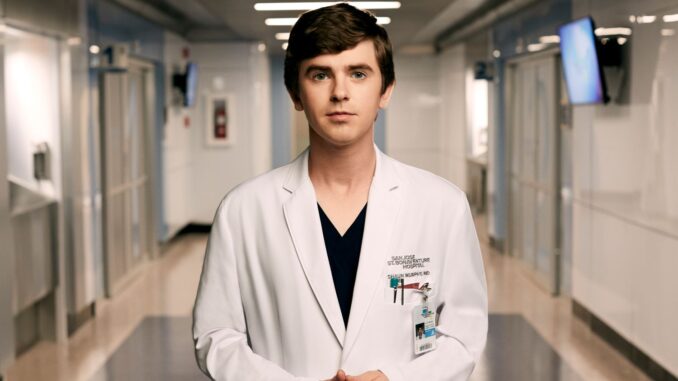
As an adult with autism, watching The Good Doctor was a personal experience filled with a mix of emotions—hope, frustration, and at times, deep reflection. The show, which follows Dr. Shaun Murphy, a young surgeon with autism and savant syndrome, has been widely praised for bringing autism representation into mainstream media. But how accurate and meaningful is that representation?
From the outset, the show presents Shaun as a genius surgeon with an exceptional ability to recall medical knowledge and make life-saving decisions. While this may serve as an engaging dramatic device, it contributes to the common misconception that all autistic individuals possess extraordinary talents. The reality is that autism manifests differently in every person. Many of us do not have savant abilities, and reducing autism to a set of exceptional skills often overshadows the everyday challenges we face.
One of the aspects I appreciate about The Good Doctor is its attempt to depict the social struggles that come with autism. Shaun’s difficulties in reading social cues, his blunt honesty, and his struggles with sensory overload are all genuine experiences that resonate with many on the spectrum, including myself. There are moments when his character portrays the loneliness and frustration that can come with navigating a neurotypical world—a world that often misunderstands or underestimates us.

However, my biggest issue with the show lies in how Shaun’s autism is frequently used as a plot device rather than being treated as an authentic part of his character. Time and again, we see Shaun facing workplace discrimination, only for a miraculous moment of brilliance to validate his presence. While it’s true that autistic individuals often have to prove their worth more than neurotypical peers, the constant cycle of doubt and redemption in the series feels manufactured. It reinforces the harmful idea that autistic people must be exceptional to be accepted, rather than being valued simply for who they are.
The show also struggles with the balance between Shaun’s independence and his need for support. In real life, many autistic individuals benefit from accommodations that allow them to function at their best, yet The Good Doctor frequently portrays Shaun as having to fight for every bit of understanding from his colleagues. While this may reflect the harsh reality of some workplaces, it would have been refreshing to see more natural and supportive relationships that don’t require constant justification of his worth.
Freddie Highmore’s portrayal of Shaun is undoubtedly compelling, and he brings sensitivity to the role. However, the choice to cast a neurotypical actor to play an autistic character is a point of contention in the autistic community. Authentic representation matters, and while Highmore’s performance is respectful, it would have been powerful to see an autistic actor given the opportunity to portray a character who shares their lived experiences.
Despite its flaws, The Good Doctor has undeniably sparked important conversations about autism. It has introduced audiences to some of the struggles autistic individuals face and challenged the idea that neurodivergent individuals cannot succeed in high-pressure professions. However, for those of us who live with autism every day, the show still falls short in capturing the full depth and diversity of our experiences.
Ultimately, The Good Doctor is a step forward in representation, but it is not the definitive portrayal of autism. We need more stories that show the full spectrum of what it means to be autistic—stories that celebrate our individuality without relying on stereotypes or dramatic exaggerations. Only then can we move beyond awareness and into genuine understanding and acceptance.
